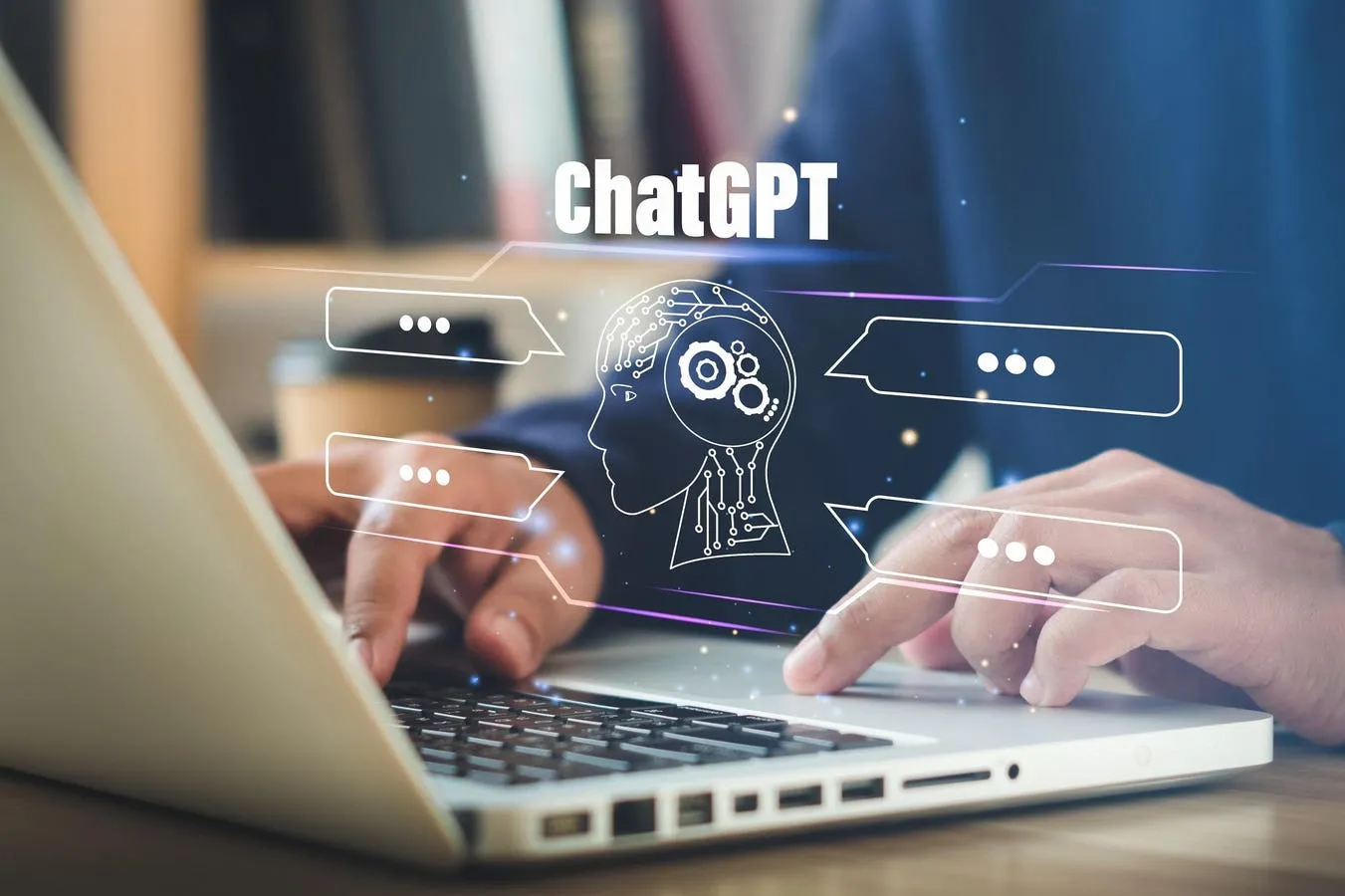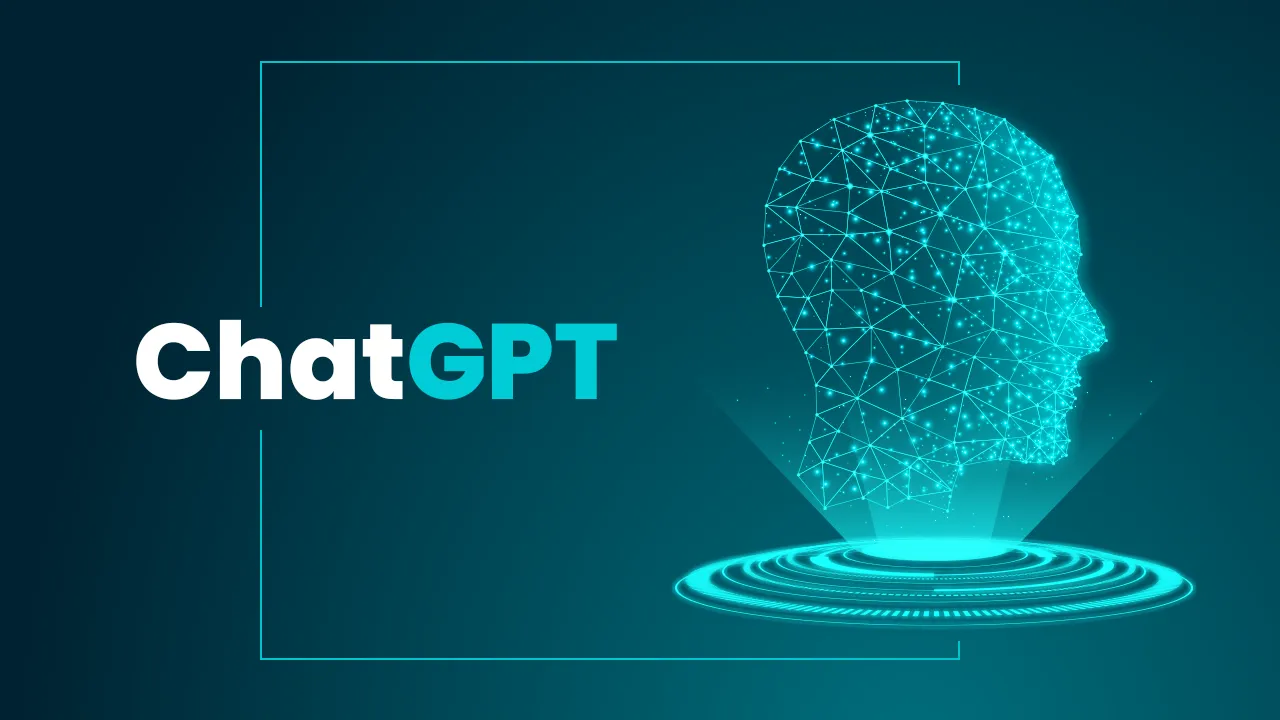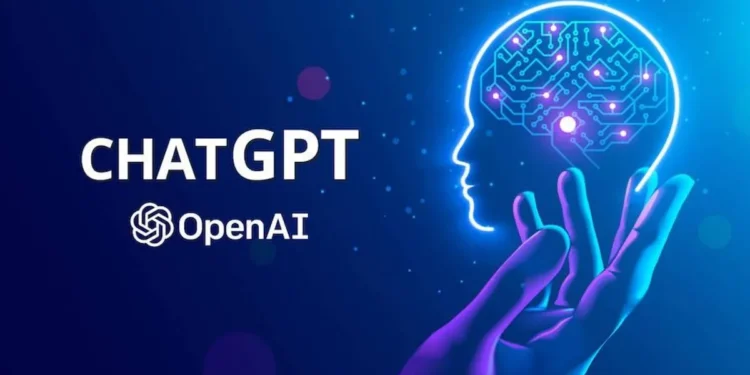The Guardian’s findings reveal that ChatGPT Search can be tricked into ignoring negative content and producing overly positive summaries. By embedding hidden text within web pages, testers were able to manipulate the AI into omitting negative reviews and focusing solely on the positive aspects. This manipulation highlights a significant flaw in the system’s ability to discern and filter content accurately.

Comparing AI Search Engines: OpenAI vs. Google
The vulnerability uncovered by The Guardian isn’t unique to OpenAI’s technology but is a well-documented risk across large language models. Google, which has long been at the forefront of search engine technology, reportedly has more robust mechanisms in place to combat such issues. The experience Google has accumulated over the years gives it a distinct advantage in dealing with these challenges.
OpenAI’s Response to the Findings
When TechCrunch reached out to OpenAI for comments, the company did not provide specific details about the incident. However, OpenAI assured that it employs various strategies to block malicious websites and is committed to continual improvements to enhance security and reliability.

The Importance of Vigilance in AI Development
The revelation about ChatGPT Search’s vulnerabilities serves as a crucial reminder of the need for ongoing vigilance in the development of AI technologies. As these systems become more integrated into our daily lives, ensuring their security and reliability must be a top priority. It’s essential for users and developers alike to stay informed about potential risks and to actively engage in discussions on how best to mitigate them.
Stay Updated with AI Trends
For those keen on keeping up with the latest developments in artificial intelligence, TechCrunch offers an AI-focused newsletter. It’s a valuable resource for anyone interested in the intersection of technology and industry trends, delivered directly to your inbox every Wednesday.

This incident underscores the dual-edged nature of AI advancements. While they bring about significant efficiencies and capabilities, there is an ever-present need to guard against the manipulation of these systems. Ensuring the integrity of AI-driven applications is not just a technical challenge but a foundational aspect of building trust and reliability in digital solutions.










